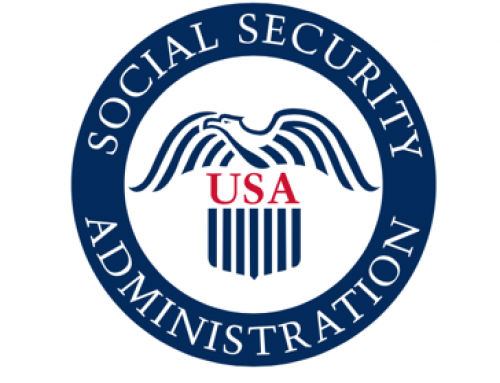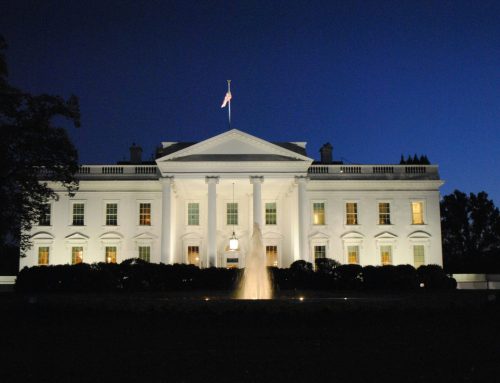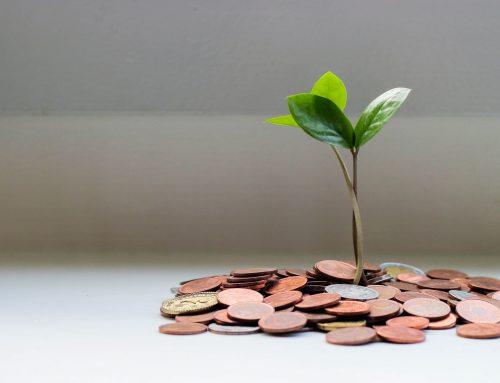A recent report issued by The Brookings Institution caught our eye, due to its discussion of the US Department of the Treasury’s role in driving financial inclusion and its reference to Direct Express®.
The report contends that the US Treasury could, “relatively quickly, create digital accounts to provide payment services that would be especially valuable to unbanked and underbanked individuals”. Direct Express® is, of course, an example of a Treasury-issued “digital account” for unbanked federal beneficiaries, providing a network branded payment card, which can be used in similar ways to a bank-issued debit card.
“Digital accounts”, the report says, would provide a less complex alternative to the creation of a Central Bank Digital Currency (an official federal “bitcoin”), about which there has been much discussion in the press and elsewhere.
By providing more “digital accounts”, the report suggests the financial inclusion goals of those that support CBDC creation could be achieved.
It believes the US Treasury is the right organization to manage this, saying:
“The Treasury Department…. has decades of experience as well as the legal authority to create a program of Treasury Accounts that could reach the underserved. During the Pandemic, it was the Treasury Department along with the Internal Revenue Service…. that was charged with distributing emergency payments and later advanced Child Tax Credits to millions of households, including many without traditional bank accounts…. the Department’s overall performance in distributing almost $1 trillion in Pandemic benefits in over half a billion separate payments was impressive.”
The report also points to Direct Express® as an element of this experience:
“The Treasury created the Direct Express program which enables unbanked individuals to receive federal benefits on a privately-managed pre-paid card.”
And notes that:
“Like any government program, Direct Express has been subject to routine oversight and recommendations for operational improvement, but the program is widely considered to be a successful Treasury Department initiative.”
And, in relation to driving financial inclusion through the US Treasury:
“…. the key point about the Direct Express program is that its success demonstrates that the Treasury Department has the proven capacity to establish and oversee a large-scale payments program capable of reaching millions of individuals, many of them unbanked and underserved by the financial services industry.”
Full Report:
The Brookings Institution is a nonprofit public policy organization based in Washington, DC. Its mission is to conduct in-depth research that leads to new ideas for solving problems facing society at the local, national and global level.
SOURCE: Brookings








